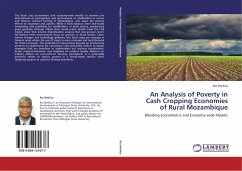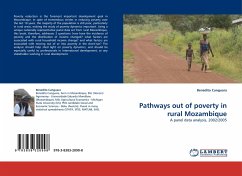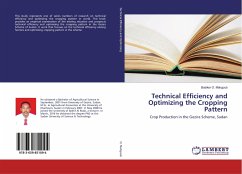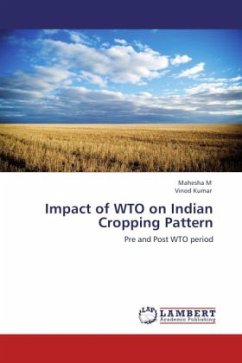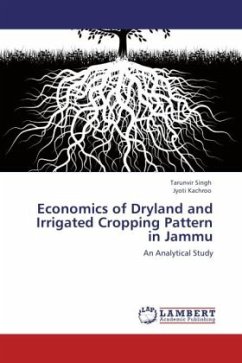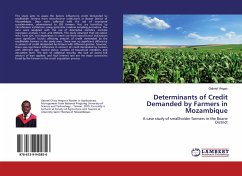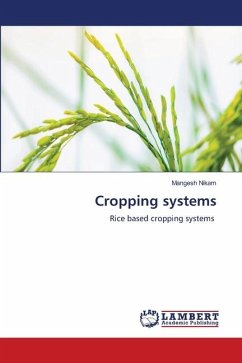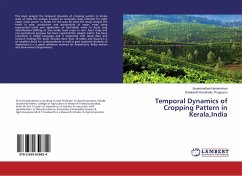This book uses econometric and economy-wide models to examine the determinants of participation and performance of smallholders in cotton and tobacco contract farming in Mozambique, and assess the poverty effects of expansion and policies. While it finds tobacco more technically demanding and profitable for smallholders, in both sectors, productivity gains generate stronger effects than world prices. Results from the CGE model, show that income diversification ensures that non-growers don t fall behind when interventions focus on growers in those sectors. Labor market linkages and technology spillovers into food crops are stronger in tobacco areas where the use of inputs is more intensive and local demand for food is stronger. The potential of interventions focused on productivity presents an opportunity for concession firms and policy makers to design strategies that are beneficial to stakeholders but requires coordination, better research/extension, and emphasis on product quality. Reliance on indirect effects on non-contract farming participants is a potentially powerful vehicle to reduce poverty in a broad-based fashion when targeting support to contract farming operations.
Bitte wählen Sie Ihr Anliegen aus.
Rechnungen
Retourenschein anfordern
Bestellstatus
Storno

